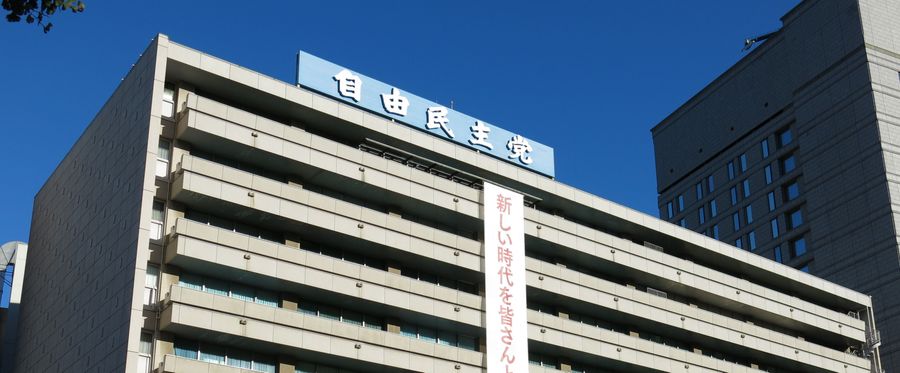In Japan, the upcoming presidential election has drawn attention on unclarified projections regarding the future of the societal safety net. Rival candidates have yet to present comprehensive plans on how they intend to bolster the country's social security system. The issue has garnered more significance due to Japan's aging population crisis and a need for sustainable strategies to ensure coverage.
Japan currently faces one of the highest aging population rates globally, making social security a pressing issue. The inhabitants are concerned about their guaranteed benefits, pension plans, and healthcare in old age. The upcoming leadership election results are anticipated anxiously as the future of societal safety could significantly influence Japan's aging society and overall economic stability.
In the U.S. or EU, social security is a critical component of election discourse, as in Japan. However, the sense of urgency may differ due to demographics: Japan's aging crisis is more severe than most Western countries. Welfare reform proposals typically spark heated debates in Western nations, reflecting variations in economic realities, social expectations, and political systems.

